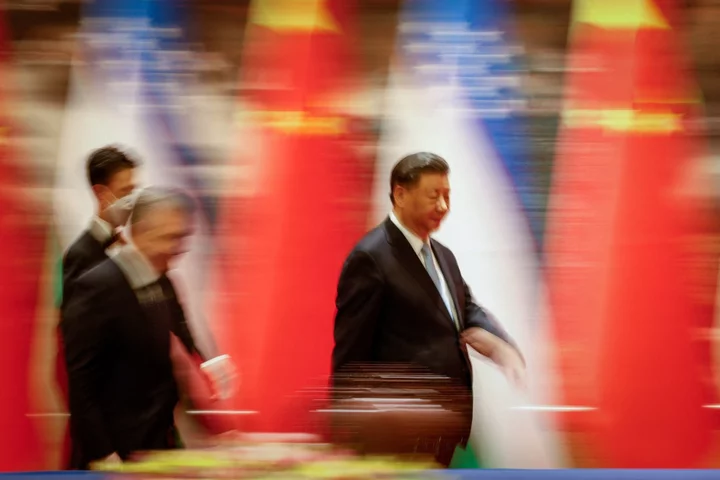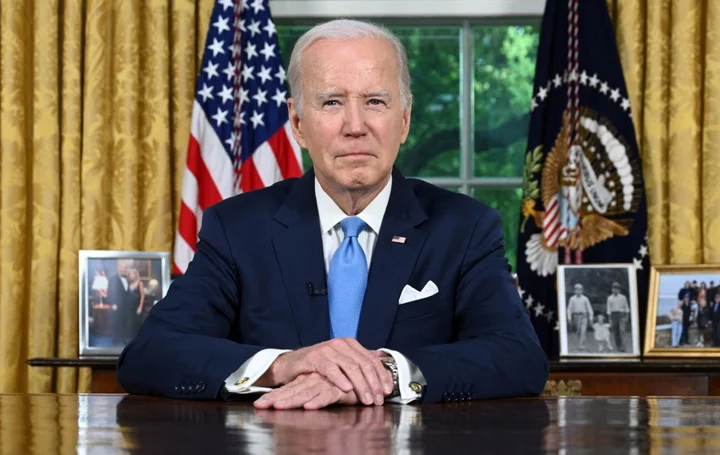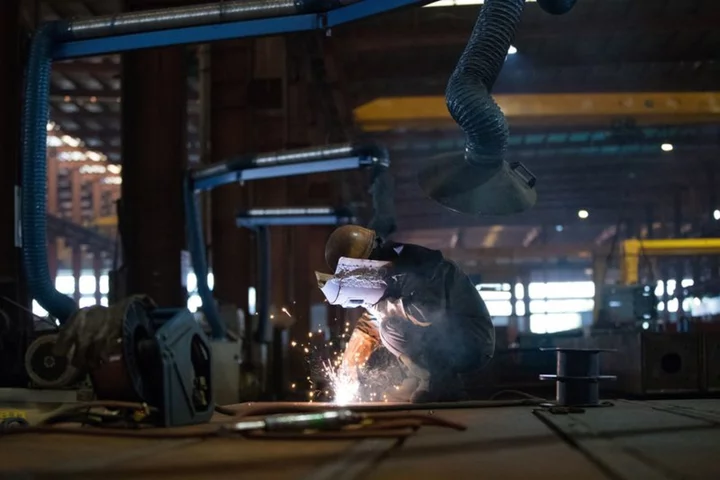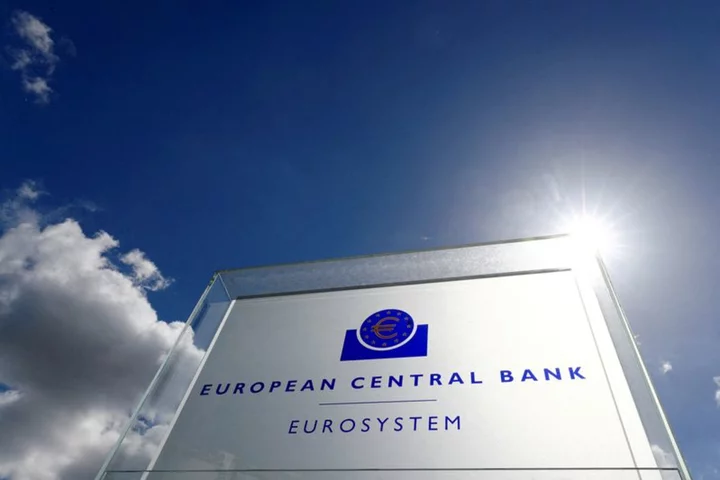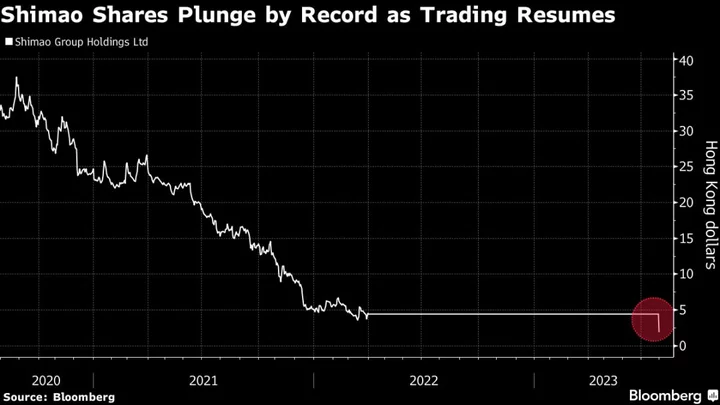President Xi Jinping said China is ready to help Central Asian nations bolster their security and defense capabilities as he wrapped a summit of the region’s leaders, underscoring Beijing’s efforts to deepen its influence there as an expansionist Russia raises fresh security issues.
Xi on Friday said China can help the region improve its “law enforcement, security, and defense capability construction,” according to a report published by the official Xinhua News Agency. The Chinese leader was delivering a keynote speech at the inaugural in-person China-Central Asia Summit.
The event saw the leaders of Kazakhstan, Kyrgyzstan, Tajikistan, Turkmenistan and Uzbekistan assemble for two days in the Chinese city of Xi’an, where they discussed ties with China.
Xi said the “sovereignty, security, independence and territorial integrity” of those nations must be “safeguarded,” according to Xinhua, and said the region has the “conditions and capabilities” to become a Eurasian hub.
He also called on the countries to boost energy cooperation, and said China will upgrade bilateral investment agreements with them.
The summit came as President Joe Biden joined G-7 leaders in Japan this week to discuss, among other things, measures to counter perceived Chinese threats to global economic security. The simultaneous meetings symbolized an increasingly multipolar world, as China tries to challenge the US-led system.
While Russia and China are united in that mission to counter Washington, Xi’s decision to assemble five former Soviet states without President Vladimir Putin demonstrated Beijing’s increasingly senior position in their “no limits” relationship.
Since Russia began its invasion of Ukraine, the Kremlin has become reliant on China to provide both economic cover from Western sanctions and much-needed diplomatic support. Russian Prime Minister Mikhail Mishustin will next week lead a delegation to a Shanghai business forum that has also invited sanctioned tycoons, exemplifying how China can shelter Moscow from Western economic sanctions.
Russia’s invasion of Ukraine in February last year also deepened a tussle for influence in the resource-rich Central Asian states, which were already on a trajectory of economic realignment toward China.
Last year, Kyrgyzstan, Uzbekistan and Turkmenistan each did more trade with China than with either Russia or the G-7 bloc, according to the International Monetary Fund. Chinese imports from the region are mostly commodities, including cotton, oil, natural gas and copper, according to official trade data.
--With assistance from Jing Li.

